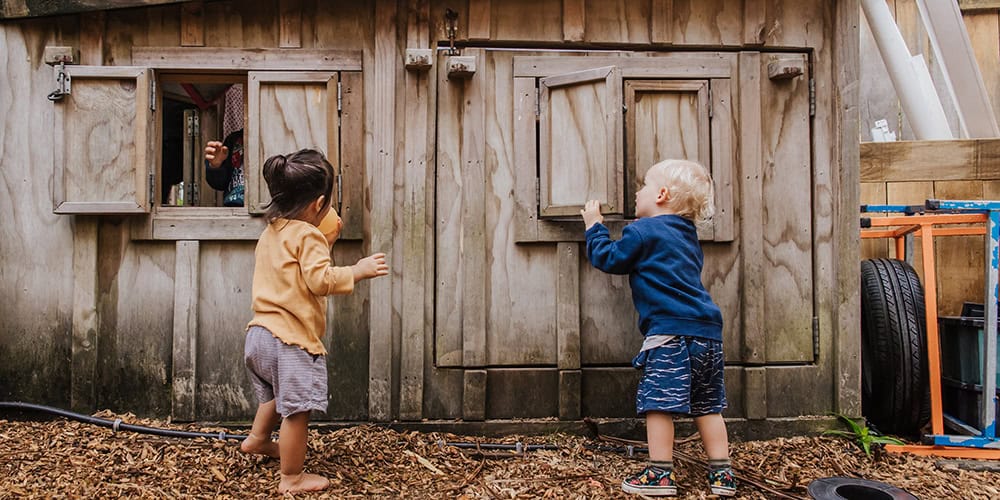theteam@theeducationhub.org.nz
Postal Address
The Education Hub
110 Carlton Gore Road,
Newmarket,
Auckland 1023
A social justice lens highlights the complexity of identity, and the impact of social and political issues on the lives of children and their families. A social justice approach in early childhood supports children’s health, wellbeing, safety, and equitable access to education, and is driven by a strong focus on children’s rights.

Dr Sonya Gaches from the University of Otago explores how objects associated with home serve as holders of narratives that create a sense of belonging for children

Associate Professor Sonja Arndt and Professor Kylie Smith explore how early childhood settings can support children and families with a range of identities

Professor Beth Blue Swadener and Dr Lacey Peters will explore how teachers can meaningfully engage with children’s voices, perspectives and experiences and incorporate a social justice approach into their teaching practice

Dr Kate McAnelly shares her research into disability and inclusion, and how early childhood centres can create a culture of inclusion that supports the wellbeing, learning, and engagement of all children

Professor Mara Sapon-Shevin (Syracuse University, USA) discusses how early childhood teachers can approach gender non-conformity, including the prevalent and often unquestioned gender-based assumptions present in society

Dr Madeleine Dobson (Curtin University, Australia) discusses her research into the representation of children on social media with Dr Vicki Hargraves

Key insights from our webinar with Dr Sonya Gaches from the University of Otago.

Key insights from a webinar with Professor Kylie Smith and Associate Professor Sonja Arndt from The University of Melbourne.

Key insights from the webinar with Dr Kate McAnelly.

Key insights from the webinar with Professor Beth Blue Swadener and Dr Lacey Peters.

The key insights from our webinar with Professor Mara Sapon-Shevin talking about gender non-conformity in early childhood education.

The key insights from our webinar with Madeleine Dobson on the way children are represented on social media platforms and the importance of considering children's rights and perspectives.